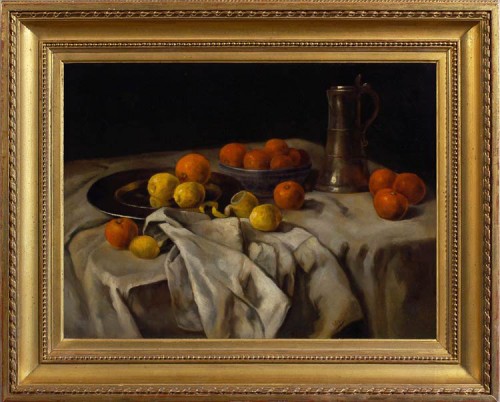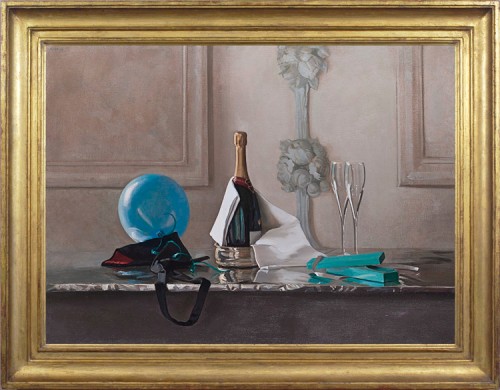The lighting of a subject in a piece of art is often one of the most important aspects of the composition. From still life to portraiture, lighting brings a tone and depth to a piece, no matter what the subject is.
However, it is not just the depth of the artwork that is affected by lighting; the colours must also reflect the lighting that you are trying to achieve, otherwise the subject may look disjointed from the environment in which it is being depicted – something that any artist will willingly avoid.
So why is lighting so important in the fine art world? How much does it affect the mood and tone of a piece?
Helps Portray a Scene in More Depth
To the untrained eye, most artistic pieces may not appear to have an obvious light source. However, without a light source, subjects would look very dull and unattractive to the eye – exactly what fine art avoids being.
The main benefit of having lighting – whether noticeable or subtle – is that it gives an image an added depth. As paintings are usually created on canvas, it can be very easy for a piece to look flat and uninteresting if there isn’t some form of light involved in the composition. Lighting makes the image appear to jump off the canvas, and gives the scene a three dimensional feel.
Lighting can also highlight the intended texture of elements within the composition. Whether it’s the shiny skin of an apple or the rough texture of a linen towel, this texture relies heavily on how the scene is lit to be successful.

After Carl Schuch (1846-1903)
An arrangement with oranges and lemons
It Gives Structure
A successful painting should be able to show the person viewing the scene what is light and dark, regardless of whether it is in colour or not.
In theory, if the image was converted to black and white where the shadows were depicted by black areas and the areas which the light hits the scene depicted as white, you should still be able to see the scene and all the components.

STEPHEN ROSE (1960 – )
An azure anniversary
Lighting gives a painting structure; showing our eyes that there are objects and shapes to be seen. It is this structure that keeps our eyes interested and focussed on the scene that we are looking at.
Whether we realise it or not, how a piece of art is lit can greatly affect how our eyes perceive it. It is one of the main fundamentals of successful art and should never be overlooked by any artist.


